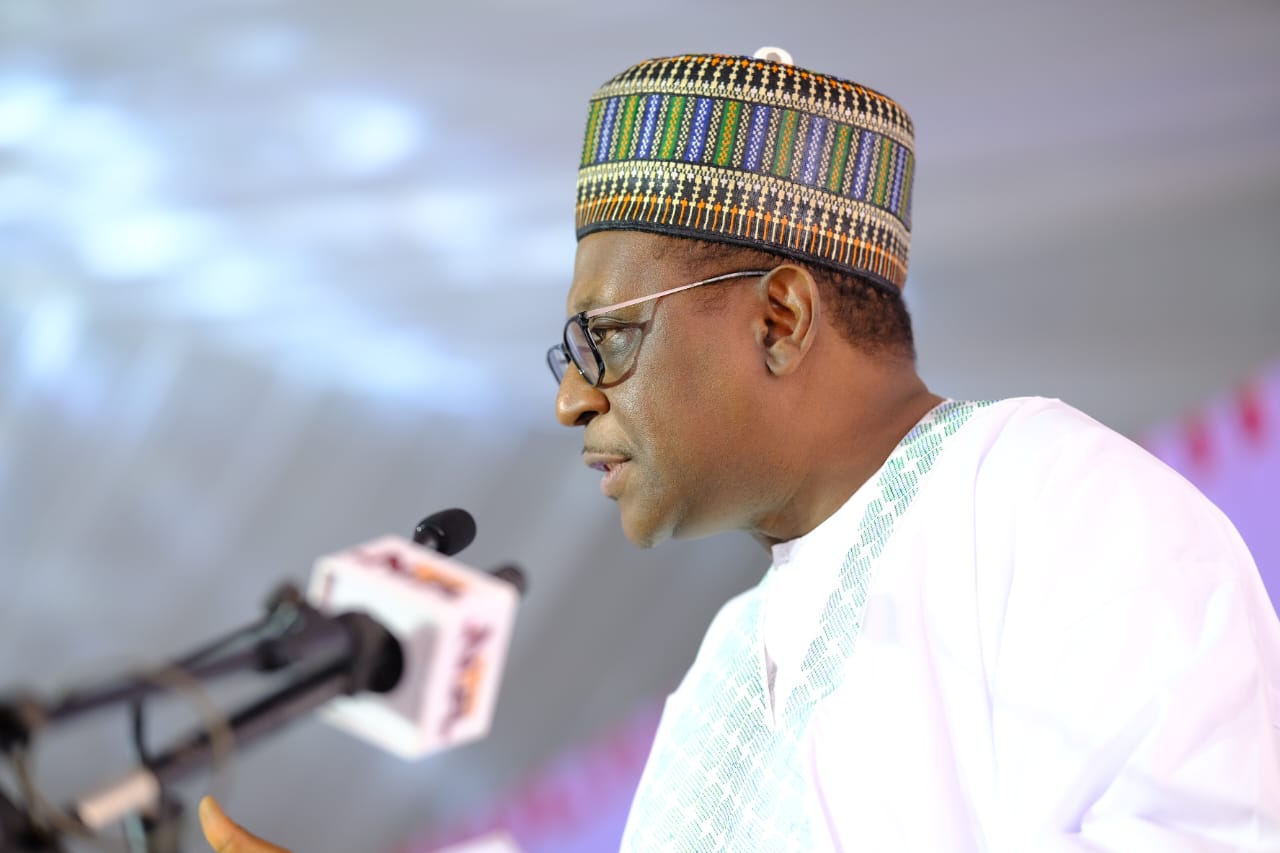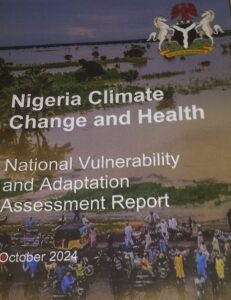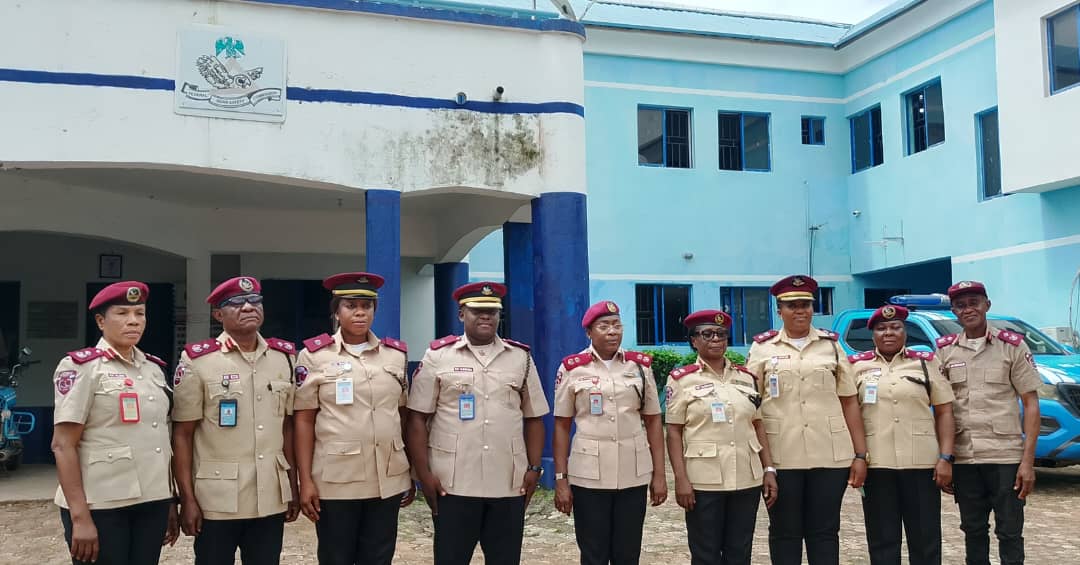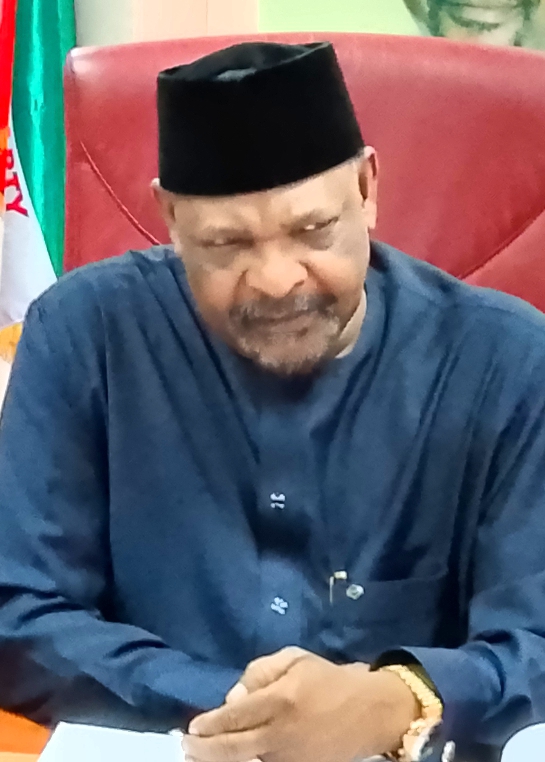Climate Change: A Complex Challenge with Far-reaching Implications, Pate Emphasizes

……2024 National Vulnerability and Adaptation Assessment Report Unveils
…… Resolutions of the 2024 Joint Annual Review: Strengthening Data Systems for Health Progress Outlines
By Fatima Saka
Climate change is a formidable and multifaceted challenge, often described as a “wicked problem” due to its complexity and interconnection with other societal issues. Coordinating Minister of Health and Social Welfare, Professor Muhammad Ali Pate, highlighted.
The Coordinating Minister stated this during the unveiling of the Nigeria Climate Change and Health, National Vulnerability and Adaptation Assessment Report 2024 at the closing of the Joint Annual Review on Friday in Abuja.


Professor Pate underscored the intricacies of climate change and its profound impact on health systems, noting, “When addressing one issue, new problems often emerge.”
He emphasized the comprehensive approach under President Tinubu’s blueprint, specifically pointing out that climate change is central to the fourth pillar of health security.
Referencing Nigeria’s population dynamics and disease burdens, Dr. Okaru Dogara illustrated areas of significant climate vulnerability, Professor Pate elaborated, “From rising temperatures affecting air quality and respiratory health, to flooding leading to diarrheal diseases and injuries as seen in Maiduguri and other states, climate change’s repercussions are evident.”
He also noted outbreaks like cholera in Lagos due to seawater intrusion, prolonged malaria transmission cycles, and cases of dengue fever in Sokoto and yellow fever in Bayelsa, linking these to fragile food systems disrupted by declining agricultural productivity and flooding.
“This is a complex issue, and we cannot simply wait for it to resolve itself. This report represents a concrete action plan to adapt to these realities,” Pate stated.
He expressed gratitude to the contributors and reinforced the government’s commitment to resilient health systems anchored by strong communities.
The Coordinating Minister further called on traditional and community leaders to raise awareness, emphasizing, “Communities need to understand the changing climate and take ownership.”
Pate stressed that while the government would enhance primary health care, vaccination programs, and reproductive health services, local communities must also play their part. “We need coordinated efforts. Our development partners must support us with resources to adapt, as the drivers of climate change largely originate beyond our borders,” he said, anticipating discussions at COP 29 in Azerbaijan.
2024 Joint Annual Review: Strengthening Data Systems for Health Progress
Speaking on the 2024 Joint Annual Review (JARs) resolutions, Professor Pate spoke on the importance of an efficient national health data system to monitor progress in the health sector.
He announced plans to establish an expert working group dedicated to conducting annual mini-Demographic Health and Health Surveys (DHS), bridging the gaps between the five-year NDHS cycles.
“Timely, accurate data is vital for effective policy-making and responding to health challenges,” Pate noted.
“The annual surveys would ensure more frequent, actionable data, critical for addressing neglected tropical diseases and other health issues.
“The expert working group, comprising representatives from key institutions including the Federal Ministry of Health, National Bureau of Statistics, National Population Commission, and international partners like WHO and USAID, will guide these efforts. “This is not just about numbers but credible, meaningful data,” Pate emphasized.
He highlighted that robust methodologies, standardized practices, and bias-free data collection are crucial for informed decision-making and responsive policies.
Pate assured that adjustments to the group’s composition would be made as needed to maintain its effectiveness. He called on members to contribute their expertise, ensuring that data quality remains paramount.
“We need individuals with quantitative skills, epidemiological knowledge, and a commitment to high standards,” he added.
The initiative aims to create a reliable framework for evaluating progress, allowing for timely interventions and course corrections. “We don’t want to discover years later that our efforts had little impact. With these annual surveys, we can quickly identify what works and scale it, or pivot as necessary,” Pate concluded.
“Together, we will fortify our health data systems, meet our goals, and build a healthier Nigeria. Thank you for your dedication and contributions to this joint effort,” he said.





